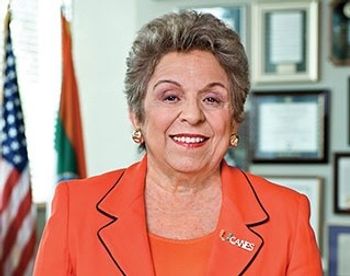
The former health and human services secretary offered lessons for healthcare leaders in a forum with Kevin Sowers, president of the Johns Hopkins Health System.

The former health and human services secretary offered lessons for healthcare leaders in a forum with Kevin Sowers, president of the Johns Hopkins Health System.

A survey of executives find recruiting and retention are top challenges, along with improving the patient experience and expanding digital health options.

Only 2% of the nation’s hospitals earned recognition from the Lown Institute. Some were singled out for their success even with a high concentration of COVID-19 patients.

Even with some improved financial performance in May, the outlook for the rest of the year remains uncertain, the firm says.
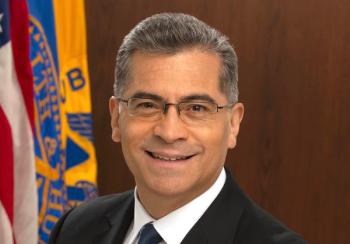
Xavier Becerra pledged to expand access but said there's no "magic bullet." He said his agency will investigate any leaks of patient information.

The high court struck down Roe v. Wade, and with some states already enacting laws to prohibit abortions, health systems face some difficult decisions.

Healthcare professionals should be asking young people if they are being bullied or harassed online, the authors wrote.
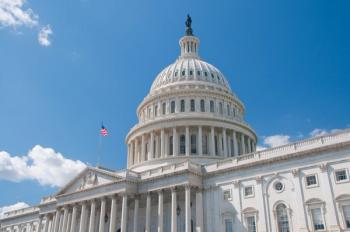
Young physicians often have to skip 401(k) payment because they’re making loan payments. The AMA is backing a bill that would offer some relief.
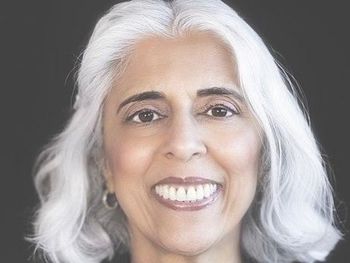
The president has chosen Arati Prabhakar to lead the Office of Science and Technology Policy. Science advocates say her experience could be invaluable in helping establish a new health research agency.

The high court’s ruling leaves abortion access in the hands of the states. Almost half the nation’s obstetrics and gynecology residency programs are in states that are expected to ban abortion.
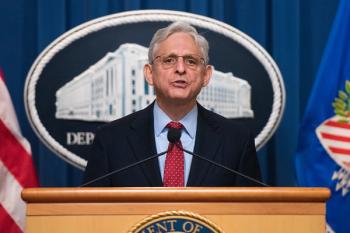
The nation’s top law enforcement official vowed to protect those seeking abortions in states where it is legal. He also pledged to work with the FDA and other agencies to ensure people get reproductive care.
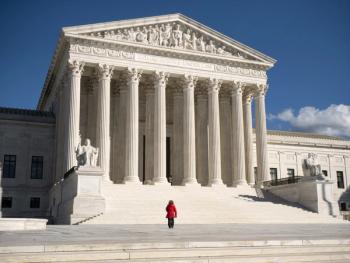
The American Medical Association said the ruling doesn’t end abortion, but safe access to abortion. The American Academy of Pediatrics said teens should be able to get reproductive health services, including abortion services.

In a narrow ruling, the court upheld the policy of the Department of Health and Human Services. The case involves billions of dollars in Medicare payments.

A survey by the Women’s Alzheimer’s Movement at Cleveland Clinic found women aren’t talking to doctors about possible risk factors.

The CDC is sending tests to five large laboratories. More than 150 cases have been reported in the United States.

The Department of Veterans Affairs said some facilities won’t get the new system until next year. The delay comes amid reports of problems with the system harming patients at a veterans hospital in Washington state.

A new study suggests women have significantly greater odds than men of developing complications after the initial infection. The authors called for additional research.
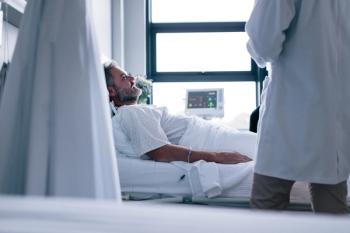
The organization evaluated more than 3,000 hospitals, but only a small portion were honored. Two hospitals improved in every category.

A new report by Abnormal Security sheds light on a growing trend of hackers impersonating third-party vendors to steal from companies.

The Kentucky-based system is partnering with Biofourmis, a digital health company, to serve patients and participate in a study of acute care at home in rural areas.

HCA Healthcare and Steward Health are dropping plans involving the sale of five hospitals, while RWJ Barnabas Health and Saint Peter’s have called off their effort to merge.

The Delaware-based system is buying Jennersville Hospital, which closed its doors Dec. 31. Executives say they haven’t decided what services will be available.

The Office of Inspector General said the inaccurate and incomplete data makes it harder to improve health equity, a major goal of the Biden administration

The American Hospital Association is pressing the government to stop additional sequester cuts slated to take place July 1.

A study of more than 1,200 patients identifies significant gaps, but researchers also offer practical ways health systems can do better for patients.
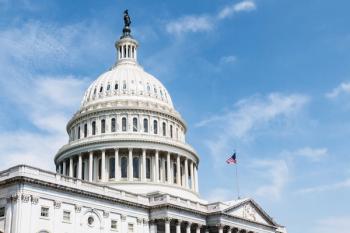
The bipartisan legislation was introduced about a week after four people were shot and killed in a Tulsa medical center. Advocates say it is long overdue.

The Federal Trade Commission is suing to block HCA Healthcare from acquiring five Steward Health hospitals in Utah. The commission has taken action against other deals, saying reduced competition will hurt consumers.

An athenahealth survey found most physicians say the inability to easily exchange information adds to their stress levels.

Now that the tech giant has completed its $28-billion acquisition of Cerner, Ellison outlined how the merged company aims to transform the healthcare industry.

The Northside Hospital system in Atlanta has been fined more than $1 million by the Centers for Medicare and Medicaid Services. Many hospitals aren’t complying with the law, a recent study found.